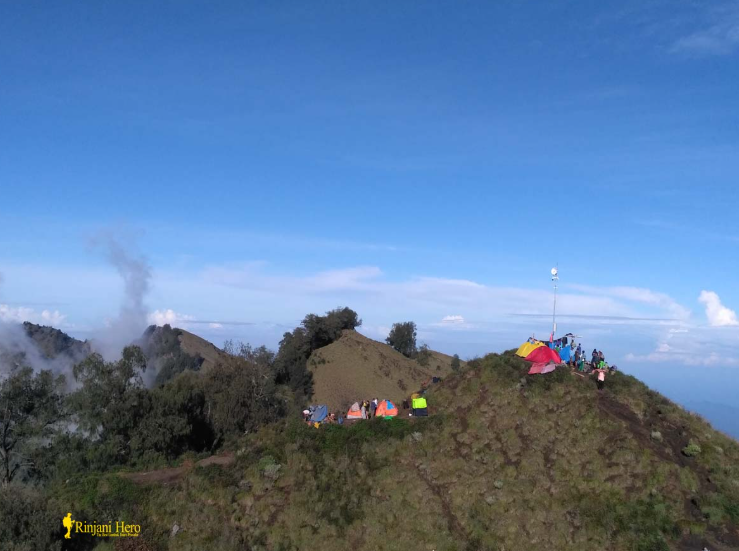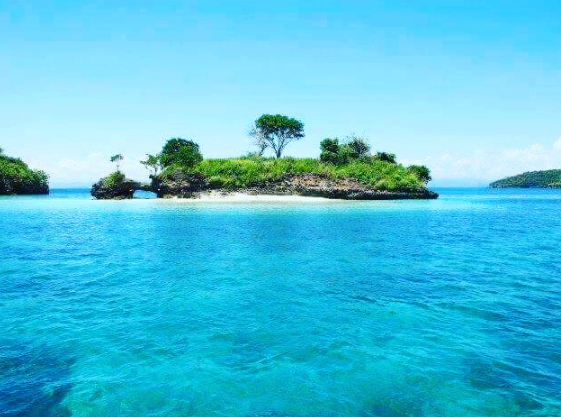Should you Know
SHOULD YOU KNOW
The Rinjani trek is a challenging mountain walk and you must be prepared with good equipment, warm and windproof clothing. Rinjani can attract severe storms, lighting and strong wins, when the weather is settled, the sun is intense and the nights frosty. Parts of the trail are steep and slippery. Beware of bad weather and risks of exposure to the wet and cold (hypothermia). If caught in an electrical storm, take shelter and avoid prominent ridges. Beware of snakes, and stinging insects and plants. Leeches can be a nuisance in the wet season.
Volcanic hazards : although Mt. Rinjani has not erupted in recorded history, Mt. Baru (2, 351 m) in the crater lake is an active volcano. It last erupted dramatically in 1994. Check the notice boards for recent hazards, and take advice from park staff and guides.
Spring water : fresh water spring are a feature of the trek and determine campsites. Your guide knows where theses are. During the drier months (July-September) some springs completely disappear. Park staff and guides constantly monitor these water there water sources to determine their abundance.
Guides and porters: Most of the porter and trekking guide all of them from Senaru Village and there are from Bayan Village, Karang Bajo Village and have guided trekkers through the Senaru and Sembalun route for more than 20 years. Fluent in English, the guide will have experience you can trust to lead you through a safe and enjoyable journey. More people are using guides from senaru and porters from some village in Bayan sub district to go on trekking. Safety and protection of the environment is Rinjani trek Adventures service is first priority and all porters and trekking guide are particularly cautious in this respect.



